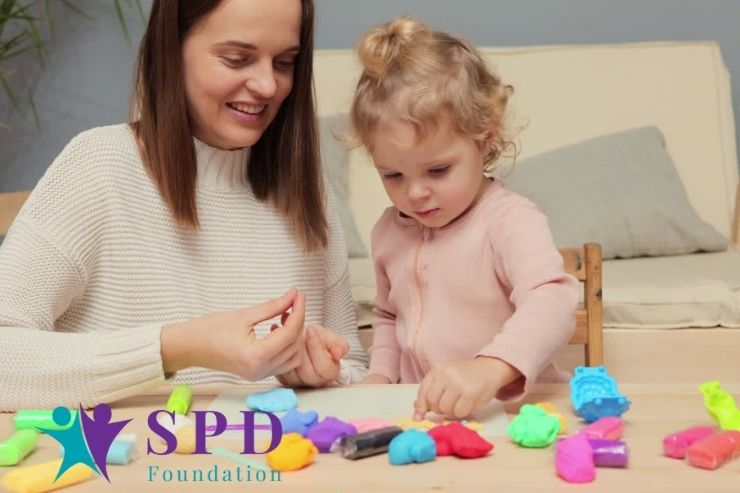Sensory Processing Disorder (SPD) is a complex neurological condition that affects the processing of sensory information in the brain, leading to challenges in daily functioning and behavior.
Diagnostic Tools
Parent surveys, clinical assessments, and laboratory protocols are utilized to identify individuals with SPD, assessing their responses to sensory stimuli and behaviors.
Prevalence
Research suggests that SPD affects at least one in twenty individuals in the general population, indicating its significance and relatively common occurrence.
Association with Other Conditions
SPD often coexists with conditions like ADHD, Autism, and fragile X syndrome, with a higher prevalence in these populations.
Physiological Differences
Studies reveal distinct physiological differences between individuals with SPD and typically developing individuals, impacting brain function and sensory processing mechanisms.
Unique Sensory Symptoms
SPD presents with specific sensory symptoms not fully explained by other disorders, including hypersensitivity, hyposensitivity, and sensory-seeking behaviors.
Potential Genetic Component
Hereditary factors may contribute to SPD’s development, with genetic links and familial patterns identified in some cases.
Nervous System Functioning

Laboratory studies indicate differences in the functioning of the sympathetic and parasympathetic nervous systems in individuals with SPD, affecting sensory processing regulation.
Effectiveness of Occupational Therapy
Occupational therapy is a primary intervention for managing SPD symptoms, supported by research data and anecdotal evidence for improving sensory processing and functional skills.
By organizing the information under these subheadings, a clearer understanding of SPD can be conveyed to various stakeholders, aiding in the support and management of individuals affected by the disorder.







